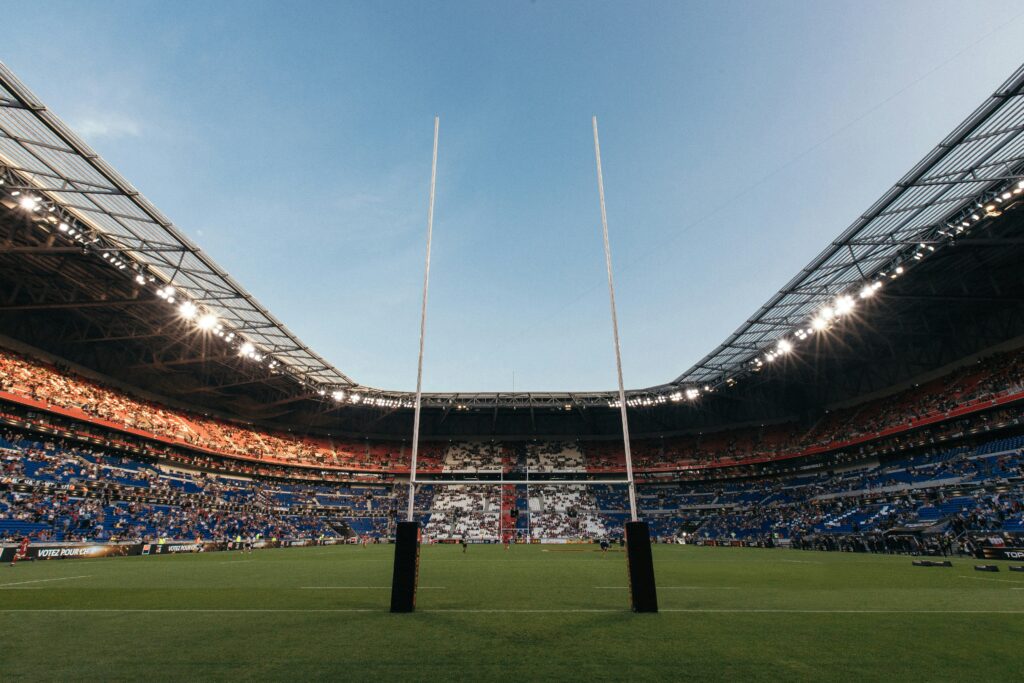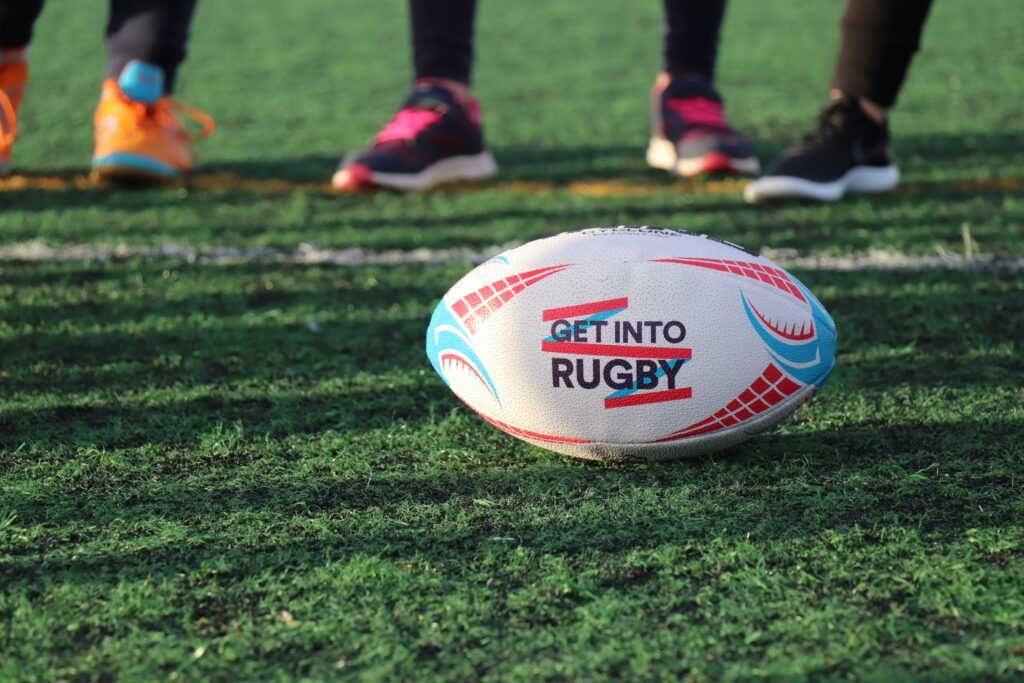In 2003, England made history by winning the Rugby World Cup, a monumental moment for English rugby.
Let’s explore this amazing journey that resulted in England’s biggest rugby accomplishment.
A Brief History of the Rugby World Cup
The Rugby World Cup, which was initiated by World Rugby, began in 1987.
It soon became the top of the global rugby union competition.
England, a dominant force in the Six Nations, consistently competed at a high level.
However, the Webb Ellis Cup proved to be out of reach for an extended period of time.
England’s Rugby World Cup Journey
Prior to 2003, England had almost won the title but hadn’t managed to secure it.
They made it to the 1991 final but were defeated by Australia at Twickenham Stadium.
The team’s display in the late 90s and early 2000s paved the way for an extraordinary achievement.
The 2003 Rugby World Cup

Guided by Clive Woodward, England were seen as the top contenders for the 2003 tournament.
The team displayed top-level skills with players such as Jonny Wilkinson and Jason Robinson.
England’s journey to the final was remarkable, demonstrating their strong presence in rugby union.
They overcame formidable rivals, such as the Wallabies in the group stage.
The Final Match: England vs. Australia
The conclusion at Telstra Stadium in Sydney was extremely tense.
England played against the home team, Australia, in a match that required extra time.
The match showcased the talent in the England team that rivals that of the British and Irish Lions.
As the clock ticked down to mere seconds, the scene was prepared for an intense conclusion.
Jonny Wilkinson, calm and collected, performed a flawless drop kick.
The kick secured England’s 20-17 win and their spot in rugby history.
Impact of the Victory
England’s victory in the 2003 Rugby World Cup caused a significant impact on the sport.
It solidified the team’s reputation as one of the best in the history of rugby union.
The win motivated a new wave of English rugby players.
The image of Martin Johnson hoisting the Webb Ellis Cup became a symbol of greatness.
The impact of the 2003 team still shapes English rugby today.
England’s Rugby World Cup Performances Since 2003
England has experienced both positive and negative events in their journey since 2003.
In 2019, they once again made it to the final, demonstrating their lasting power.
Nevertheless, future England teams still aim to achieve their elusive second World Cup victory.
The next chance will be in 2027, when the Rugby World Cup will go back to Australia.
England’s triumph in the 2003 Rugby World Cup is a significant event in the sport’s past.
The Build-up to 2003: Creating a World-beating Team
England did not achieve World Cup success quickly. It was the outcome of many years of meticulous preparation and advancement.
Clive Woodward’s Vision
Clive Woodward assumed the role of England’s head coach in 1997 with a distinct vision. His goal was to establish the most elite rugby team on a global scale.
Woodward brought in innovative training techniques and modern technology. He also stressed the significance of mental readiness in addition to physical health.
A Core of Exceptional Players
The England team in the early 2000s was overflowing with skill.
- Martin Johnson is both the captain and a born leader.
- Jonny Wilkinson: The consistent fly-half and scoring powerhouse
- Jason Robinson: The electric player who transitioned from rugby league.
- Lawrence Dallaglio: The energetic 8th player with unparalleled dedication
These players, along with others, were the core of a powerful team.
Six Nations Dominance
England’s preparation for the 2003 World Cup involved strong showings in the Six Nations tournament.
- 2000: Grand Slam winners
- 2001: Runners-up
- 2002: Grand Slam winners
- 2003: Grand Slam winners
This streak of good performances confirmed that England is the team to defeat in the northern hemisphere.
Southern Hemisphere Success
Importantly, England also demonstrated they were capable of defeating the top teams from the southern hemisphere.
- June 2003: Victory over New Zealand in Wellington
- June 2003: Victory over Australia in Melbourne
These victories in the South boosted England’s confidence in their ability to win the World Cup outside of their home country.
The Final Preparations

Before the World Cup, Woodward made final adjustments to his team. His attention was concentrated on:
- Fitness: Ensuring peak physical condition
- Tactics: Developing a game plan to suit various opponents
- Mental toughness: Preparing for the pressure of a World Cup
When England reached Australia for the 2003 Rugby World Cup, they were prepared to create a historic moment.
This detailed preparation set the foundation for England’s momentous victory. It turned a skilled team into global champions, able to manage the high pressure of a World Cup final.